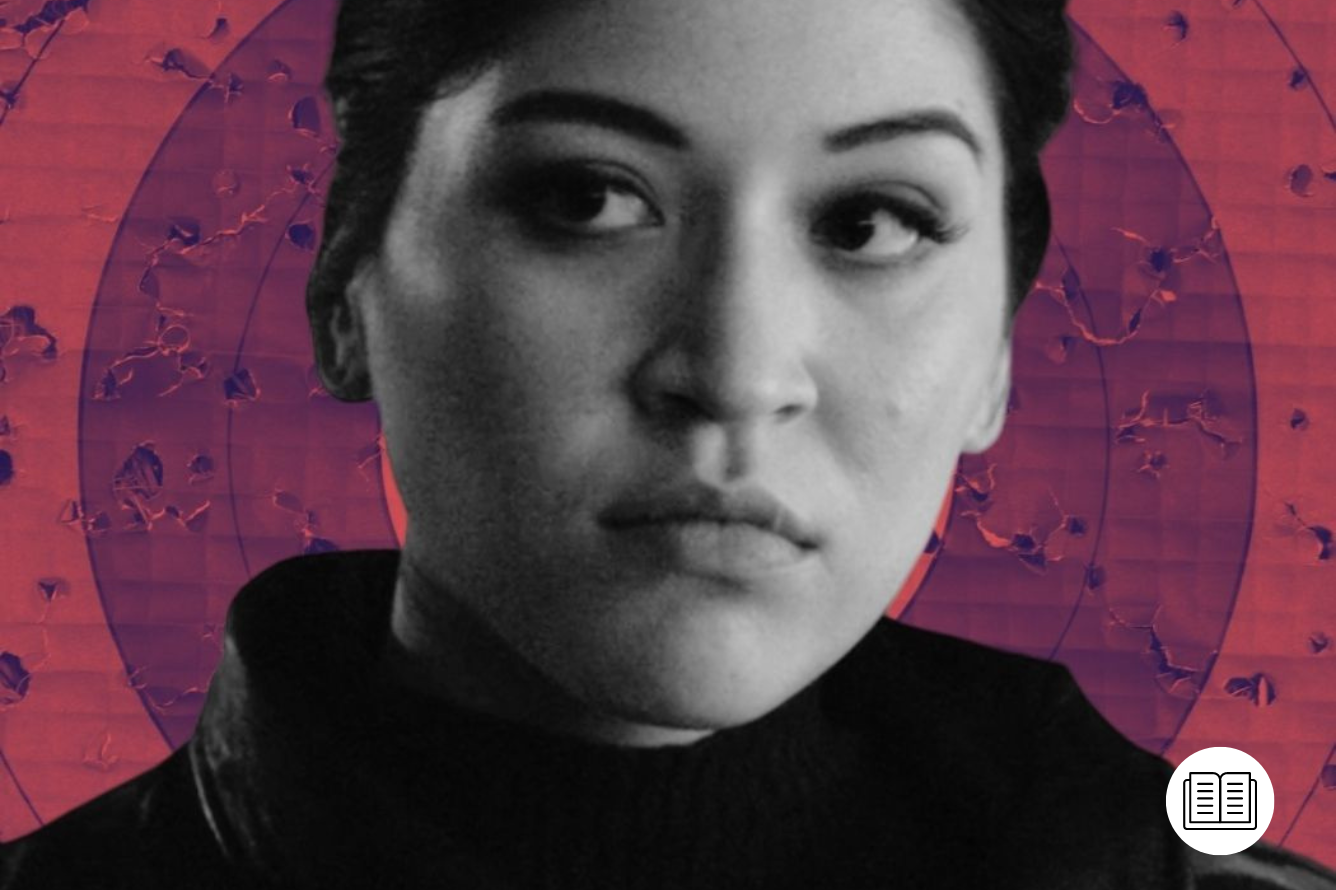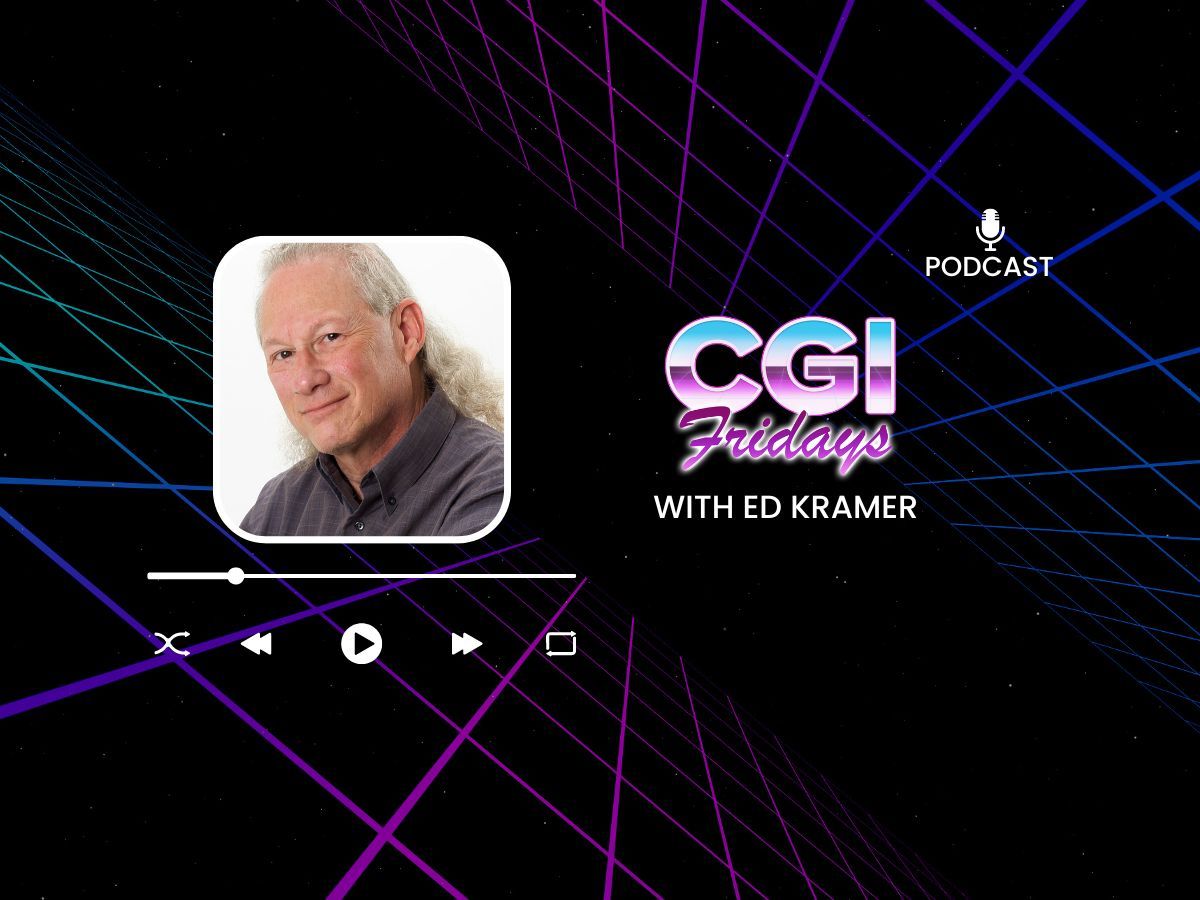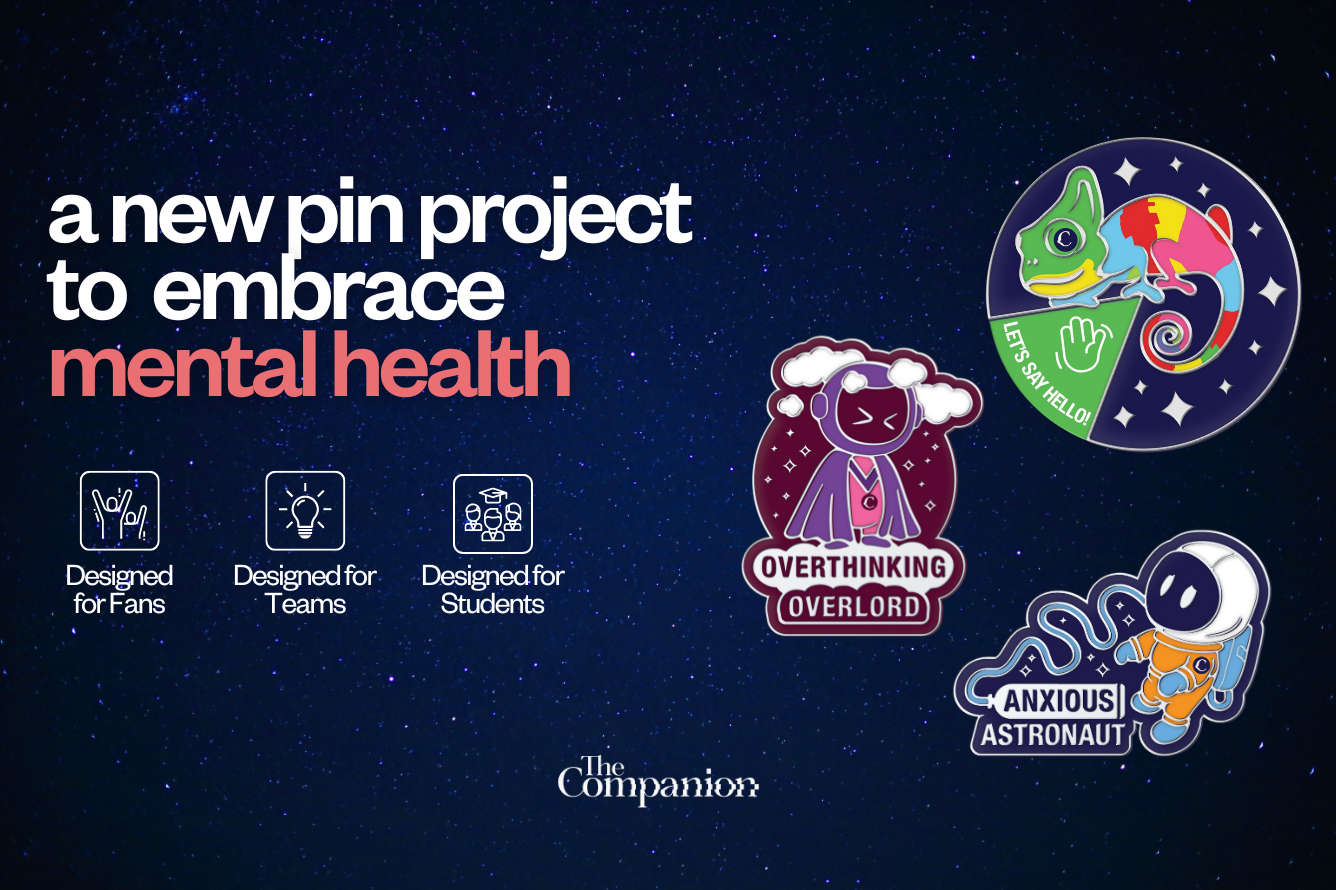At the time of the 2020 Paralympics in Tokyo – back before the world started wheezing and Star Trek: Discovery was still on Netflix – the British broadcaster of the games, Channel 4, received some criticism for its bombastic ad campaign Super. Human. that showed various Paralympians smash-cutting their way to glory against a soundtrack of breathless determination.
It was undeniably a huge success, transforming the perception of the games in the UK and affixing it to the public’s sporting calendar, but the campaign’s central conceit raised hackles for its repetition of a patronizing trope. Professor Colin Barnes of the Centre for Disability Studies at the University of Leeds wrote in Disabling Imagery and the Media (1992) of the 11 stereotypes that defined disability narratives.
Amongst them – and I apologize for using this word, it makes my skin crawl – was what he called the ‘Super Cripple’:
“This is similar to the stereotype portrayal of black people as having ‘super’ qualities in order to elicit respect from white people. Black people are often depicted as having ‘a wonderful sense of rhythm’, or as exceptional athletes. With disability, however, the disabled person is assigned super human almost magical abilities. Blind people are portrayed as visionaries with a sixth sense or extremely sensitive hearing.”
There’s no escaping the fact that this reads as a logline for Daredevil. Although a product of the well-meaning but not particularly nuanced worldview at Marvel in the 1960s, I’m not coming out swinging for Daredevil. He’s one of my favorite superheroes on paper and on-screen, and the sensitivity of his treatment in the cruelly curtailed Netflix series is worthy of praise. Rather neatly, this brings us to Maya Lopez, aka Echo, first introduced in Marvel Knights’ Daredevil #9 (1999) and created by Joe Quesada and David W. Mack.

A deaf Native American antagonist-turned-ally, Maya Lopez appears in the ongoing Disney+ Hawkeye series played by Alaqua Cox – a deaf Menominee and Mohican woman – and is set to receive her own spin-off series. Although beaten to the claim of ‘First Deaf Superhero in the MCU’ by Makkari (Laren Ridloff) in Eternals (2021) only a couple of weeks earlier, the depth of Maya’s depiction is far more consequential.
She first appears at the end of the Hawkeye episode ‘Hide and Seek’ (S1, Ep2), but it’s in ‘Echoes’ (S2, Ep3), that we really get to see who Maya is. Almost immediately we’re able to contrast her profound deafness (defined as being unable to hear any speech and only very loud sounds) with Clint’s moderate deafness (defined as hearing almost no speech when a person is talking at a normal level).

Deafness in Clint Barton and Maya Lopez
The show begins with Clint, weary and semi-retired, just trying to get through a truly tedious Steve Rogers musical by flicking off his in-ear hearing aid and gazing wistfully at the prancing facsimile of Black Widow. Having taken one too many blows to the melon in defense of Earth, he’s apparently burdened with post-traumatic hearing loss to go with the obvious post-traumatic stress of watching his bestie take her own life in Avengers: Endgame (2019).
Further Reading on Hawkeye and Black Widow
Black Widow, Hawkeye, and Platonic Love in the MCU - How Kate Bishop, Black Widow, and Shang-Chi explore Platonic love – and what heteros can learn from the queerplatonic.
For the first two episodes, this is merely backgrounding to the larger story, but Clint’s cochlea compromise becomes a major part of the story when we meet Echo in earnest. The bowsome twosome, Kate Bishop (Hailee Steinfeld) and her reluctant mentor, are held prisoner by the Tracksuit Mafia, a 60s Batman-style theme gang seemingly modeled on the Slav Squat meme. (The extent to which this is problematic might have to wait for a different article).
Speaking through her American Sign Language (ASL) interpreter Kazi (Fra Fee), the implacable Maya draws out the contrast between her response to deafness and her prisoner’s:
Kazi: “You rely too much on technology.”
Clint: “Well, my go-to weapon is two sticks and a string, so.”
Kazi: “No, she means your hearing aid. You might find you’re better off without it.”










